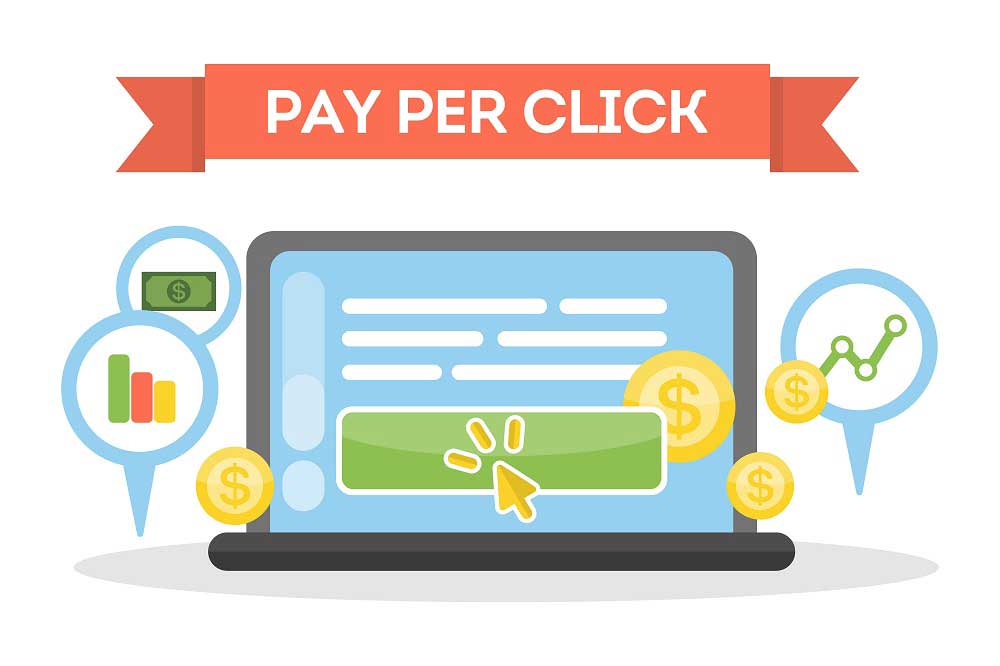Reality Of Coupon Extensions: The Harsh Truth
According to Statista, about 90% of consumers in the United States claimed to have used at least one coupon in the past.
The concept of coupons was first introduced in 1887 by the world-renowned company Coca-Cola. And the use of coupons has changed drastically since then.
Ever since the pandemic, tech-savvy consumers use coupon extensions to shop online. These extensions provide digital coupons, which gained popularity dramatically and immensely.
Digital coupons helped online shoppers save up to $4 Billion in 2022 alone.
Due to this shift in consumer preference for online shopping, eCommerce merchants use coupon extensions as an integral part of their coupon marketing strategy. Not only do they offer exciting deals to consumers, yet they also provide a chance for merchants to promote their brands.
But are coupon extensions really that great? While they deliver massive benefits to the consumer, they can also be harmful to eCommerce merchants. Here we will share a few counter effects of coupon extensions on your online business. But first, let us understand what coupon extensions are.
How Do Coupon Extensions Work?
Coupon extensions are web browser extensions designed specifically for online shoppers to employ discounts and cashback offers during checkout. It assists consumers in finding the best possible deals and saves money when they buy a product online.
|
90% of online shoppers use coupons for shopping. 17% of consumers avail a coupon-finding web extension. 51% of online shoppers prefer finding coupons and discounts on their mobile devices. |
Online businesses also benefit from coupon extensions by converting sales from visitors and increasing the brand’s conversion rate. Around 82% of the market share is captured by coupon extension providers such as Honey, Rakuten, and Capital One Shopping.
Impact Of Coupon Extensions On Your Online Business
Yes, coupon extensions appear to be beneficial for both the consumers and the merchants, but in reality, they can prove to be exceedingly harmful to your online business. Here’s how:
Price Comparison Tools
A few of these extensions serve to offer discounts and cashback and also offer price comparisons across different websites. In layman's terms, the visitor searching for a coupon for your product will encounter a price comparison of a similar product from your competitor.
It can be tempting for your visitor to click on it and get redirected to your competitors' websites to make a purchase. The conversion loss tends to increase when competitors' discounts are being projected on your website.
Damaged Profit Margins
Coupon web extensions offer discounts to shoppers at the end of the sales funnel when they have reached the last stage of their purchase. Web coupon extensions do not drive any traffic to your website. Instead, they inject codes at the end of the checkout page where users have the highest conversion rate. So, they end up monetizing a sale that was going to happen organically.
Most web extensions use cookie stuffing to earn commissions. When a user reaches the check-out stage and applies a coupon from the extension, it drops a cookie and takes credit for the sale generated.
This means that the customer may come across your site through social media, search, advertisements, or through other affiliate links and make a purchase, yet the extension will end up taking a commission. This screws with your brand’s ad campaign and marketing attribution data, and also, you end up paying the malicious affiliates.
Buyers who have sure-fire intentions of making a purchase aren’t necessarily looking for discounts but are force-fed with deals and coupons during the checkout. And you end up paying a commission for an unsolicited coupon code and the discount availed by the customer as well.
Unsolicited Coupon Usage
A coupon affiliate marketing program does not intend towards distribution of overpaying and unearned discounts.
These malicious extensions scrape off coupon codes from eCommerce sites when a user tries to search for a coupon during checkout. All of these coupons are then stacked and made available to the user.
Consumers who have not earned any coupon codes (via email, newsletter, subscriptions, etc.) will also have access to a variety of coupons via web extensions and exploit them to decrease the AOV of their carts gradually.
How Can Online Businesses Manage Coupon Extensions?
Virus Positive Technologies is a pioneer in affiliate fraud management services and brand protection solutions. We at VPT have been helping global brands recover their lost marketing budgets, protect their brand reputation, and improve customer experience.
VPT specializes in identifying threat areas in the affiliate marketing industry and developing solutions for coupon fraud detection, monitoring, tracking, and analyzing affiliate networks. Our tool ThePaidClick ensures compliance with internal and external marketing guidelines.
So what are you waiting for? Sit back and let us protect your brand from threat indicators with our high-end brand compliance monitoring tools.







